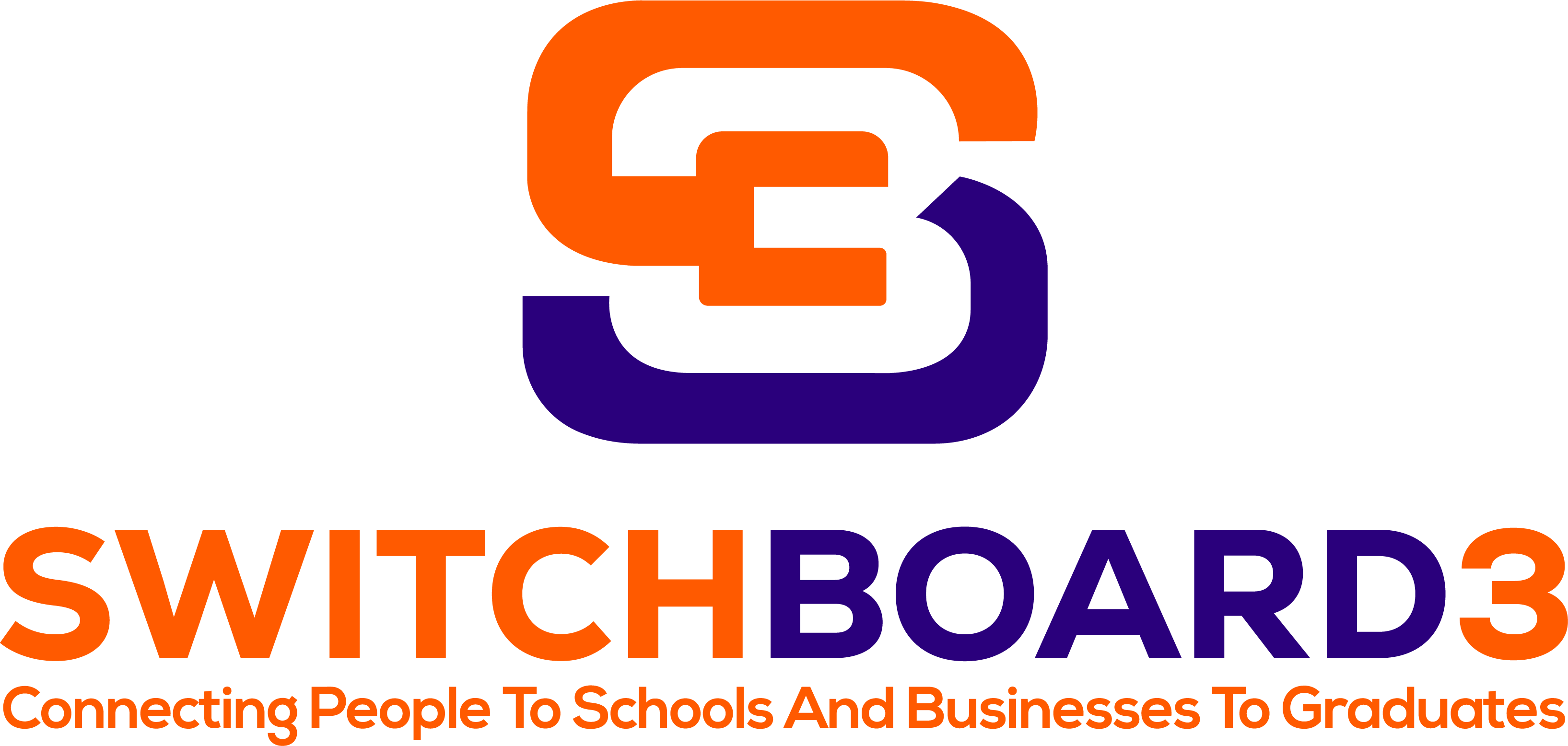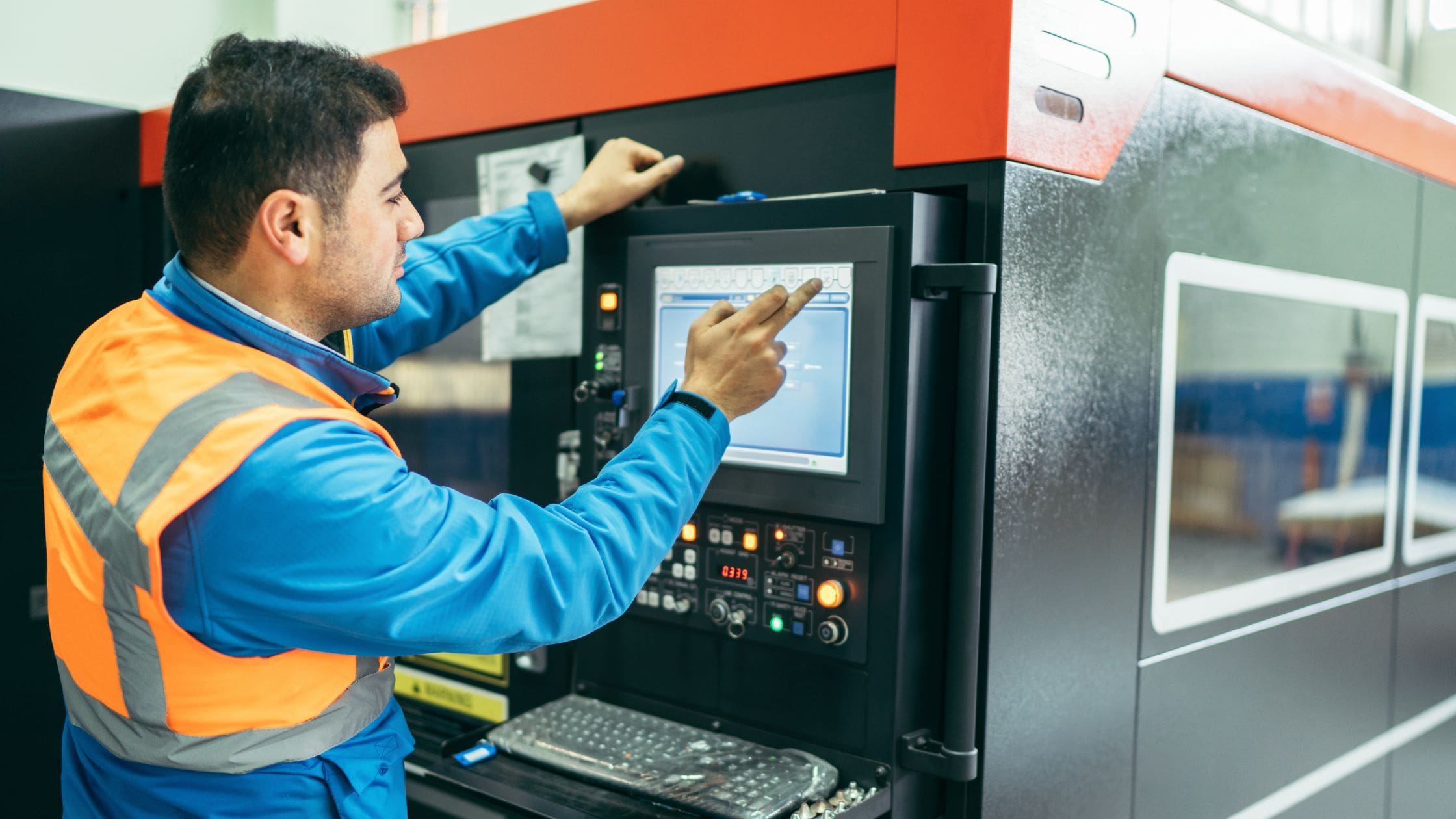Computer Numerical Control (CNC) Machinist
About
The CNC Machinist program is designed to provide the student with entry level skills and competencies necessary to perform entry-level CNC operator duties. Through classroom training, as well as hands-on experience, the student will be able to safely operate a CNC mill, lathe, and other related equipment by the end of the course. Students will also learn basic programming for the CNC machinery and will be able to complete necessary paperwork and adhere to all safety rules and regulations required of CNC operators. The graduate will qualify for employment as a CNC operator, machinist, lathe operator, mill operator for various manufacturing companies.
BP-100 Blueprint Reading –The student will learn abbreviations and symbols used in machining. The student will also master orthographic projections, reading multi-view drawings, inclined planes, sectional views, hold specifications, typical dimensions, metric drawings, auxiliary views, as well as geometric and location tolerances.
Prerequisites: None.
60/60/0 Clock Hours: 120 Quarter Credit Hours: 9.0
CM-101 CNC Milling Processes – The student will master different types of machine, basic machine set up, hole making, and basic milling operations. The student will also learn how to properly and safely use the tool changers, as well as master G, M, S, and F codes. The student will also learn basic safety rules and regulations for the CNC mills.
Prerequisites: None.
170/140/0 Clock Hours: 310 Quarter Credit Hours: 24.0
MM-200 Machining Mathematics – The student will learn the purpose of tool path calculations, face milling calculations, X-axis, Y-axis, full circle calculations, pocket milling and calculations. The student will also learn proper calculations of coordinates to prepare for basic programming.
Prerequisites: None.
60/60/0 Clock Hours: 120 Quarter Credit Hours: 9.0
CM-201 CNC Lathe Processes – The student will learn the various types of lathe machines, as well as their specifications and features, capacity, spindle speed, tools and cutting tools associated with lathes.The student will also learn various types of turning centers, the history of the lathe, cutting variables, as well as master the inner and outer diameter operations of the lathe. The student will master the basic safety rules and regulations for properly and safely operating a lathe.
Prerequisites: None.
170/140/ Clock Hours: 310 Quarter Credit Hours: 24.0
CP-101 Basic CNC Programming – The student will learn the importance of CAD/CAM, the role of databases, the stages of part design and manufacturing, geometric modeling, solid modeling, designing in CAD, CAD drawings and documentation, as well as the combination of CAD/CAM. The student will also learn initial graphic exchange specifications and drawing exchange formats.
Prerequisites: MM-200
100/80/0 Clock Hours: 180 Quarter Credit Hours: 14.0
PE-200 Pre-Employment Skills – The student will learn how to properly fill out an employment application, as well as to create resumes, salary requirements, and reference sheets. The student will also master basic interviewing skills and be able to answer most commonly asked interviewing questions as it pertains to the manufacturing industry. The student will also learn the appropriate dress for the interviewing process.
Prerequisites: None
30/0/0 Clock Hours: 30 Quarter Credit Hours: 3.0
Tuition and Fees:
Registration: $100.00 Tuition: $14,850.00 Total Cost: $14,950.00 (Subject to change) (Course Qualifies for Financial Aid)

